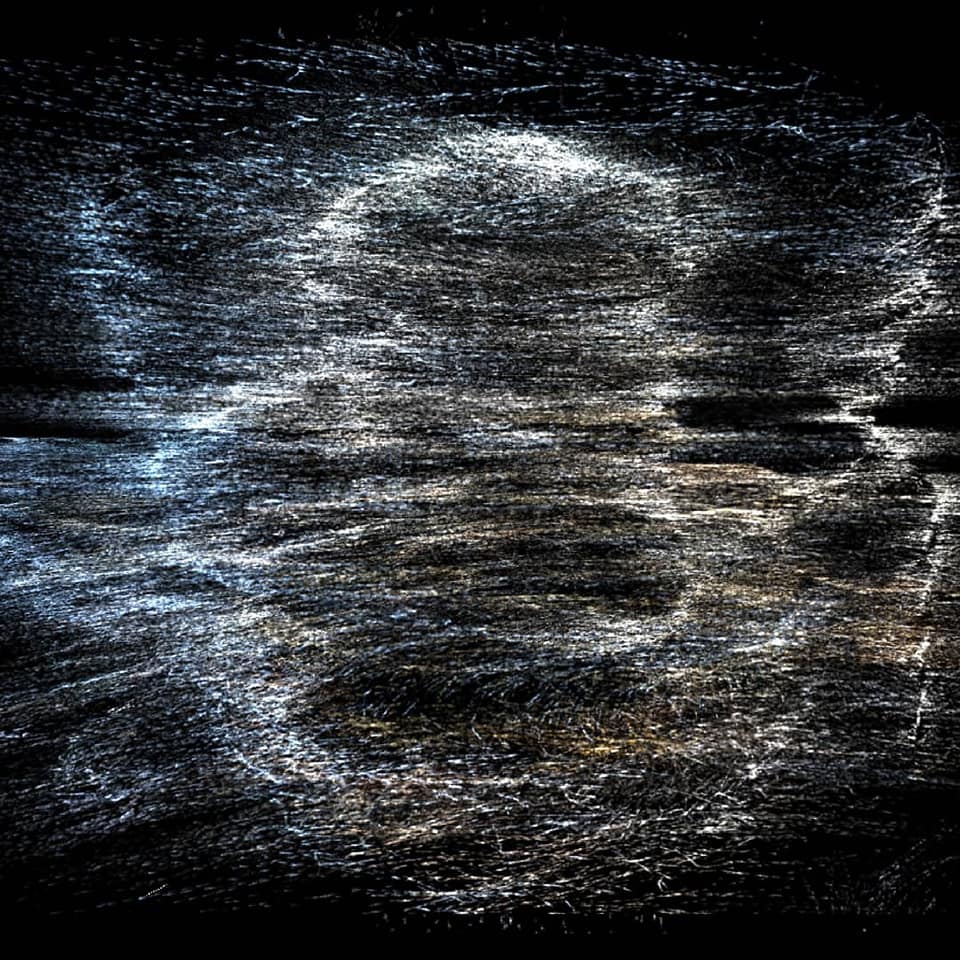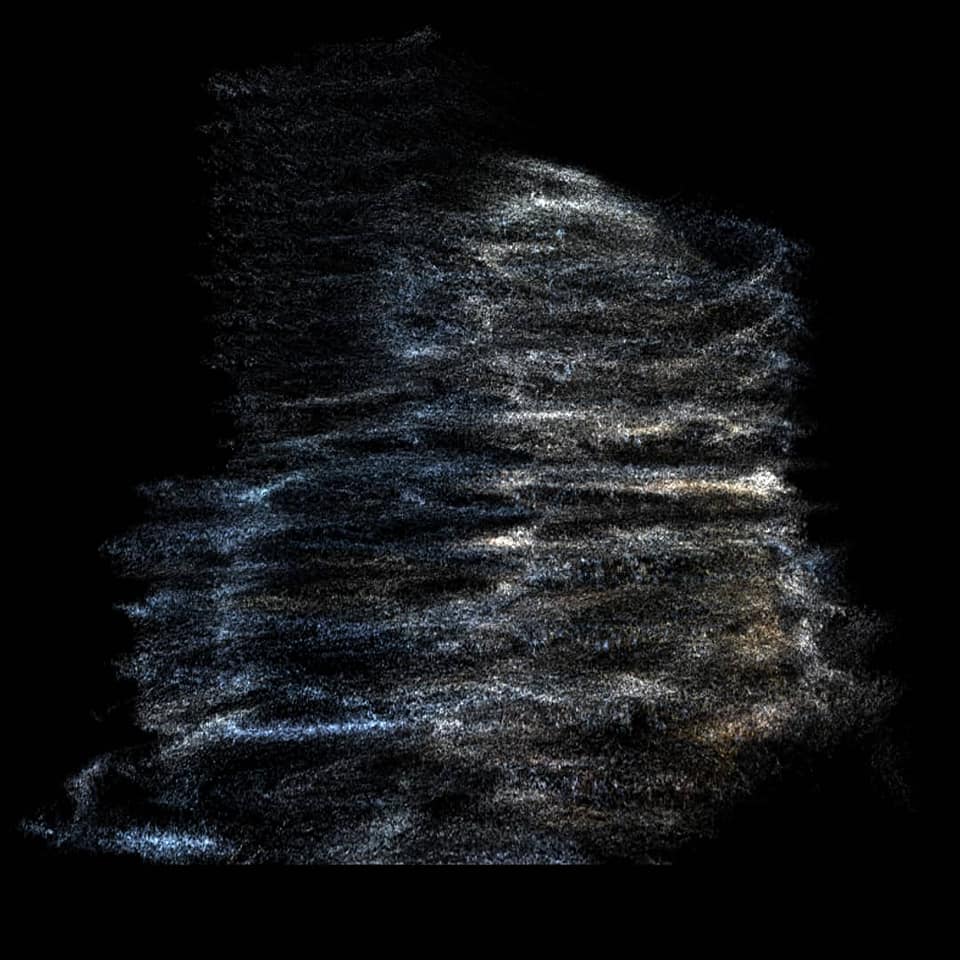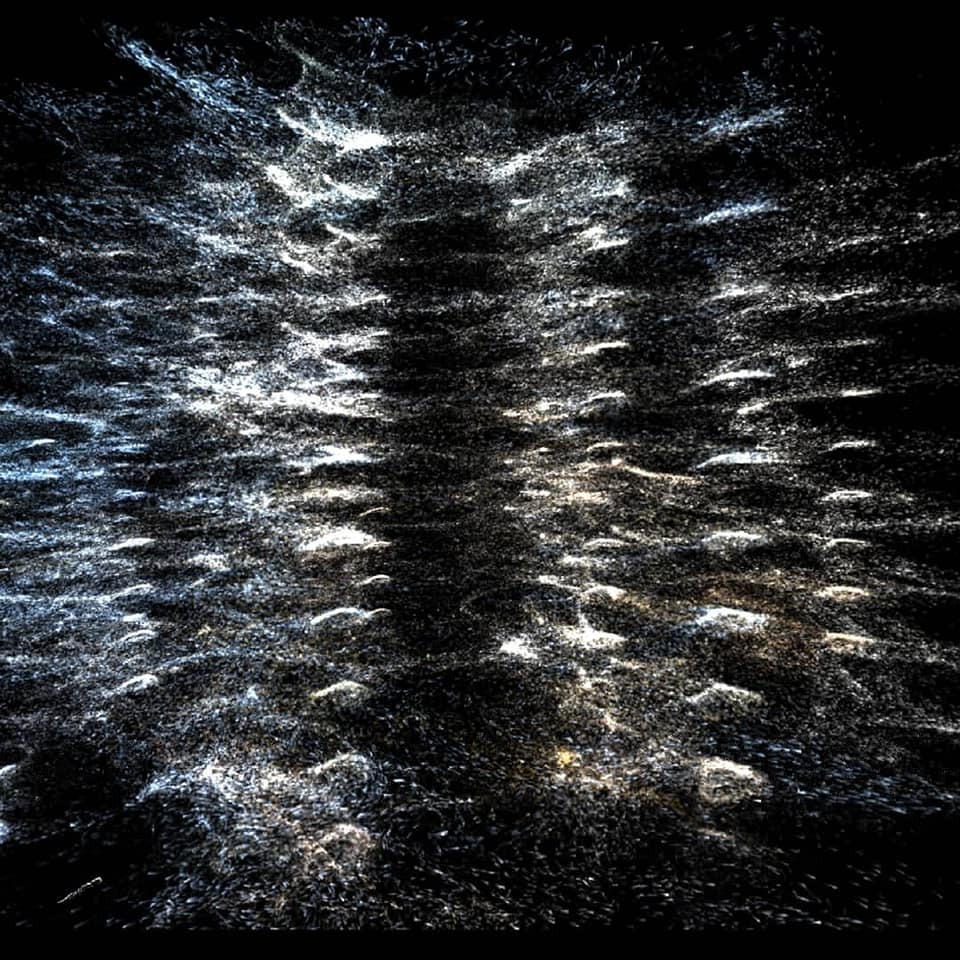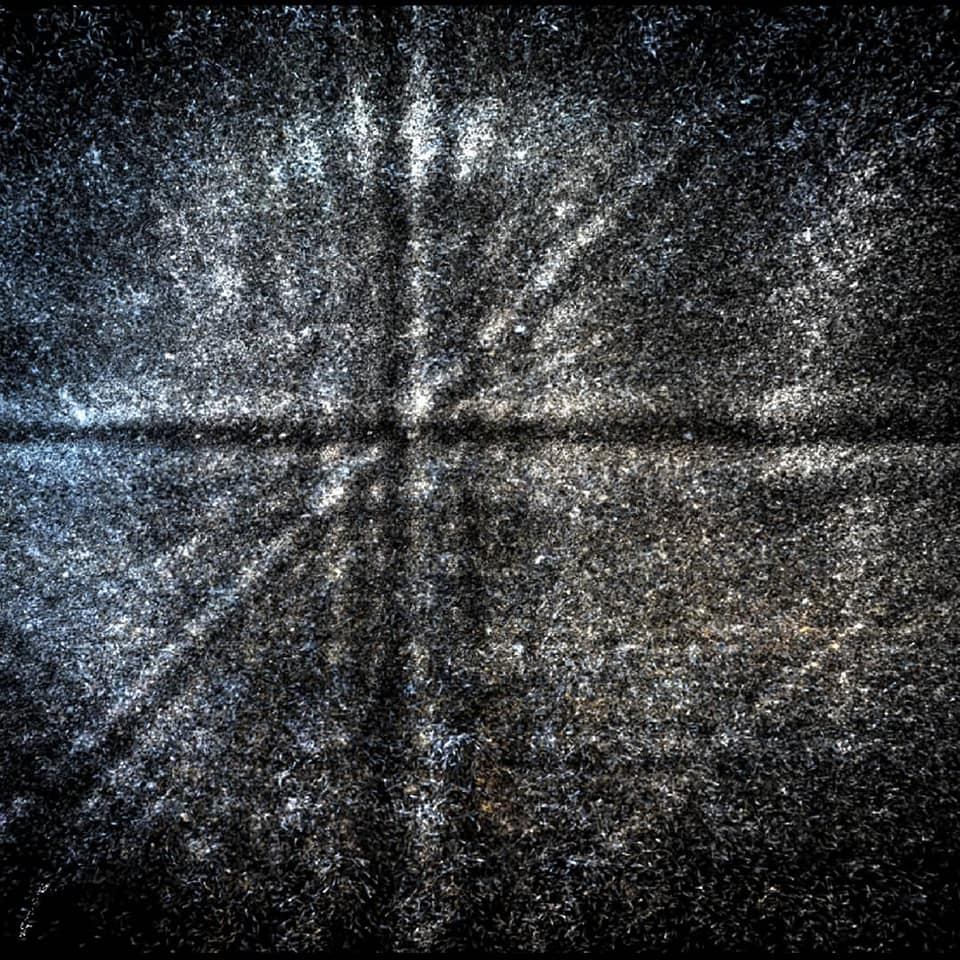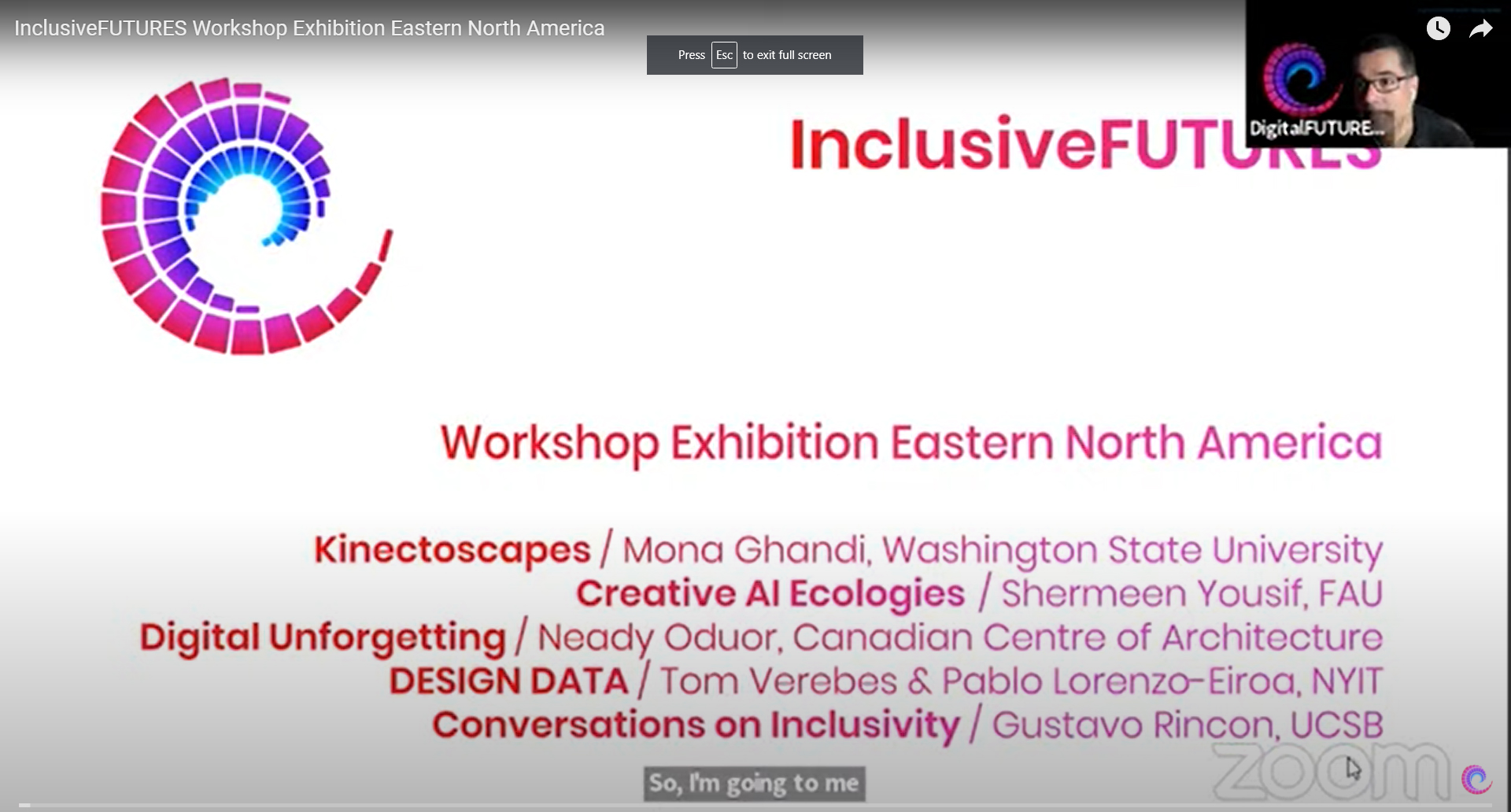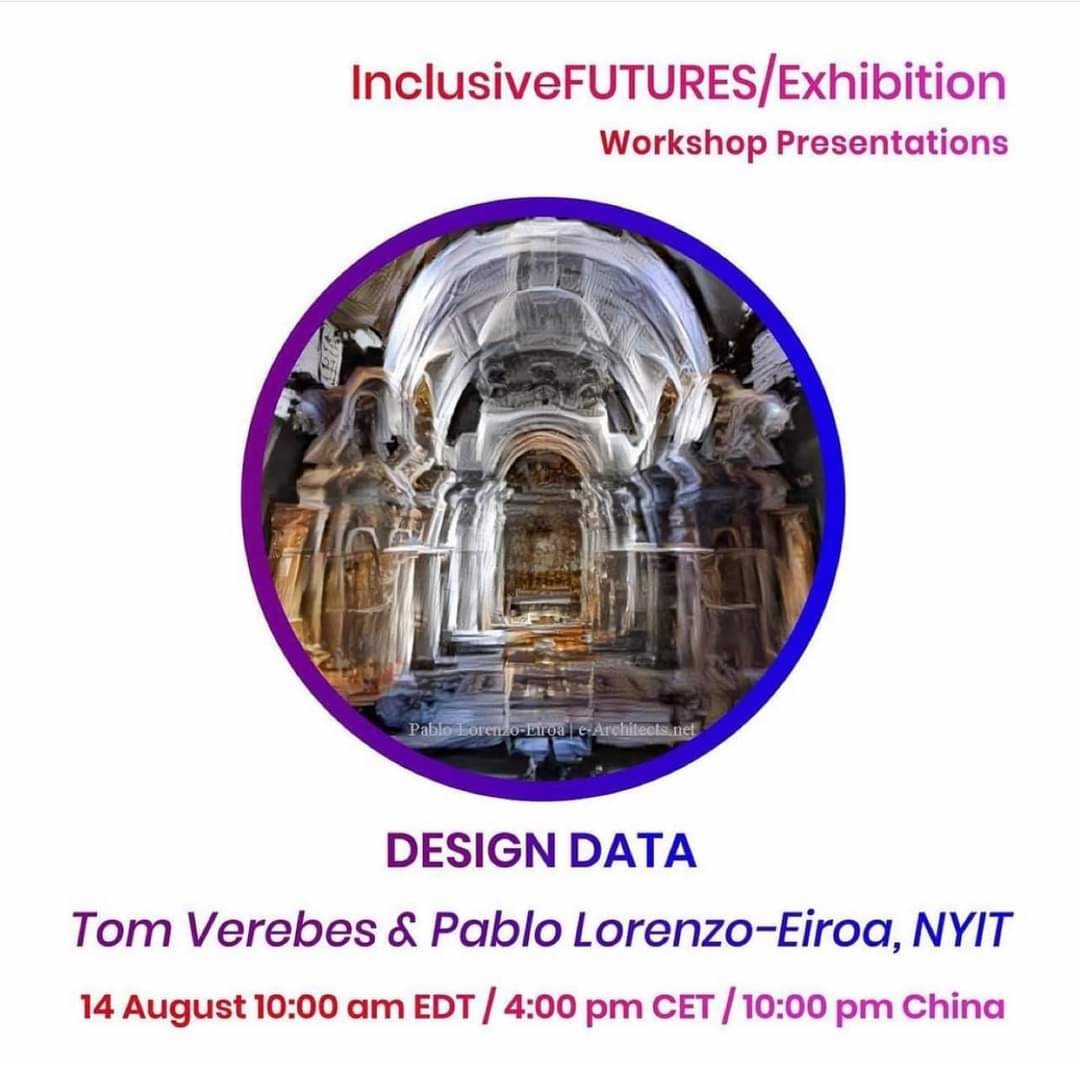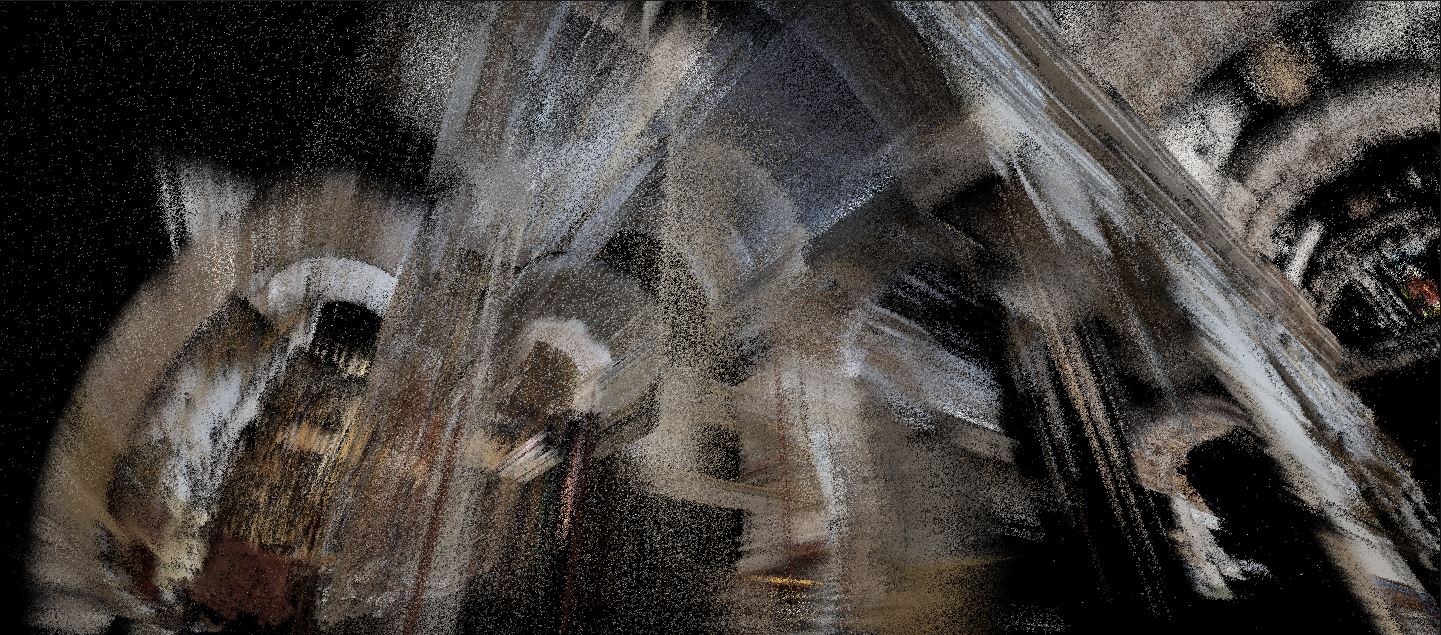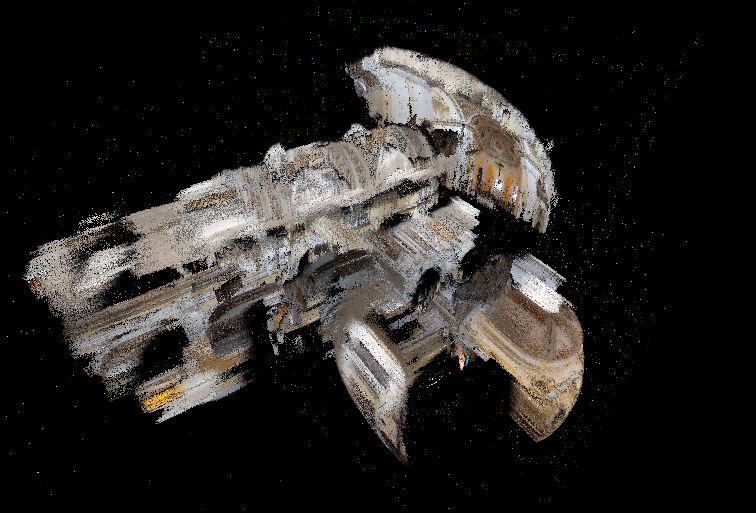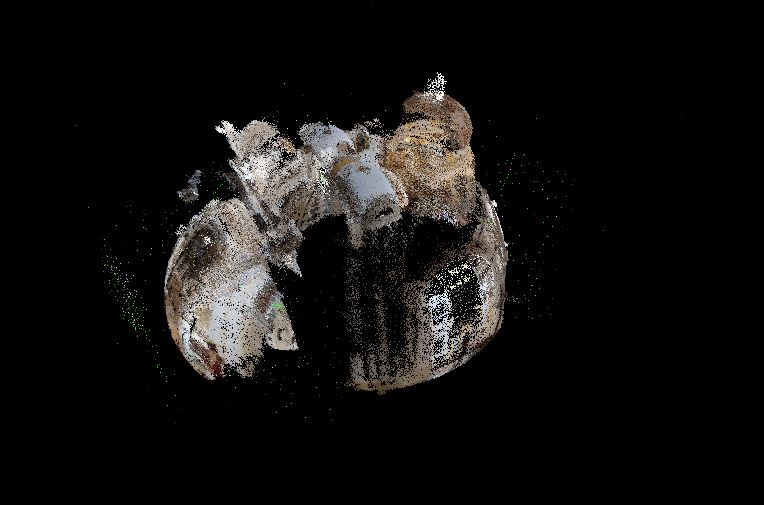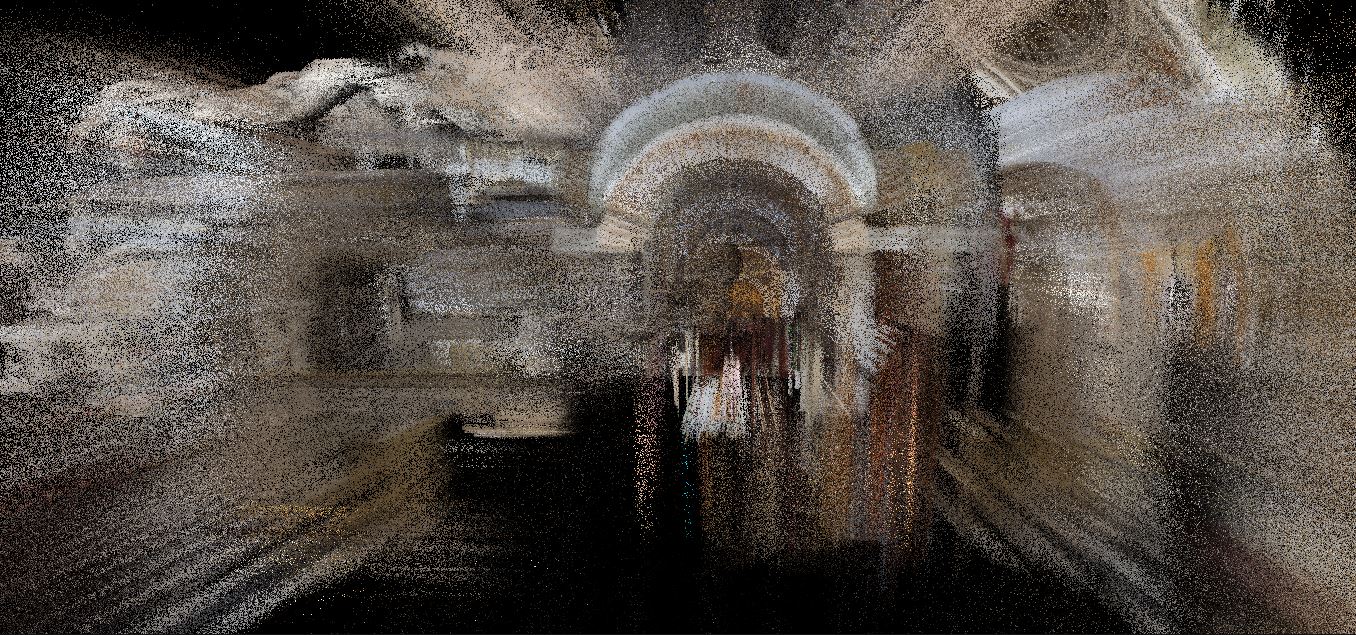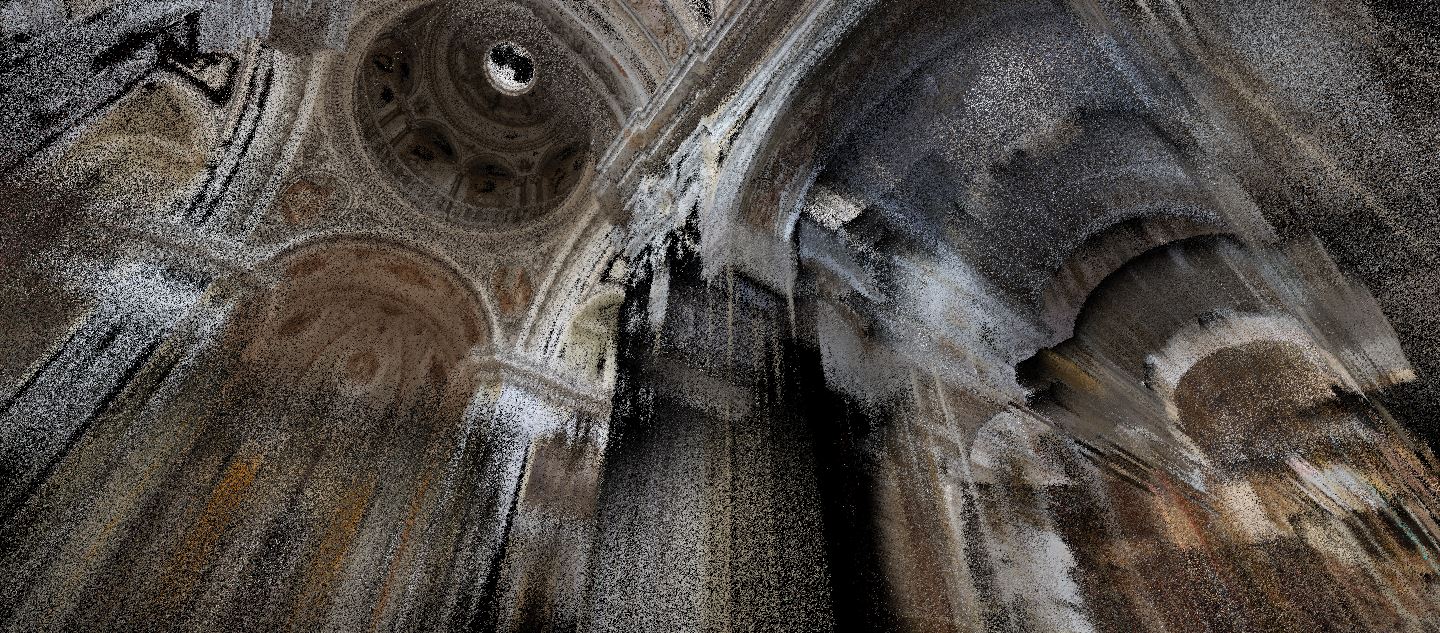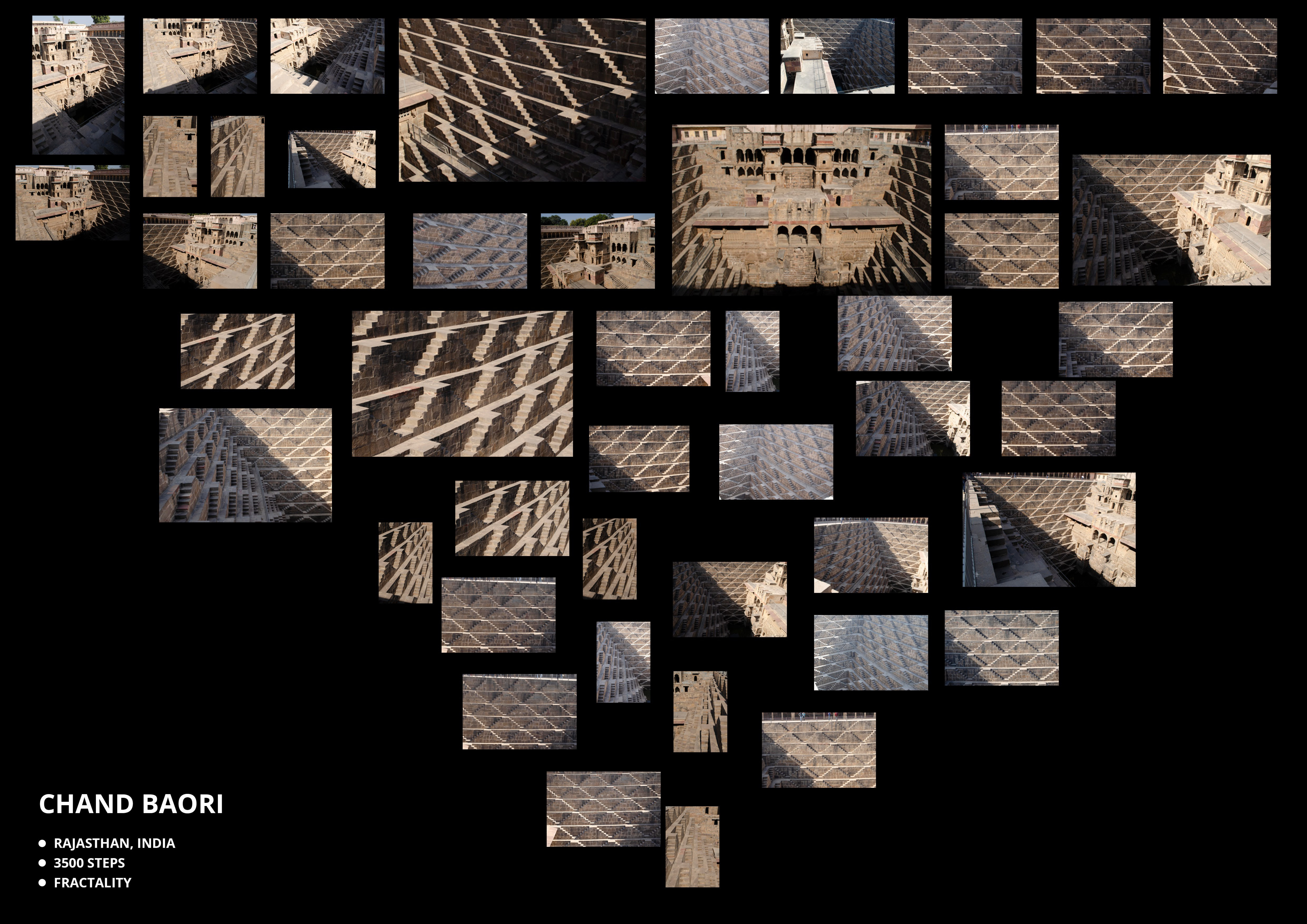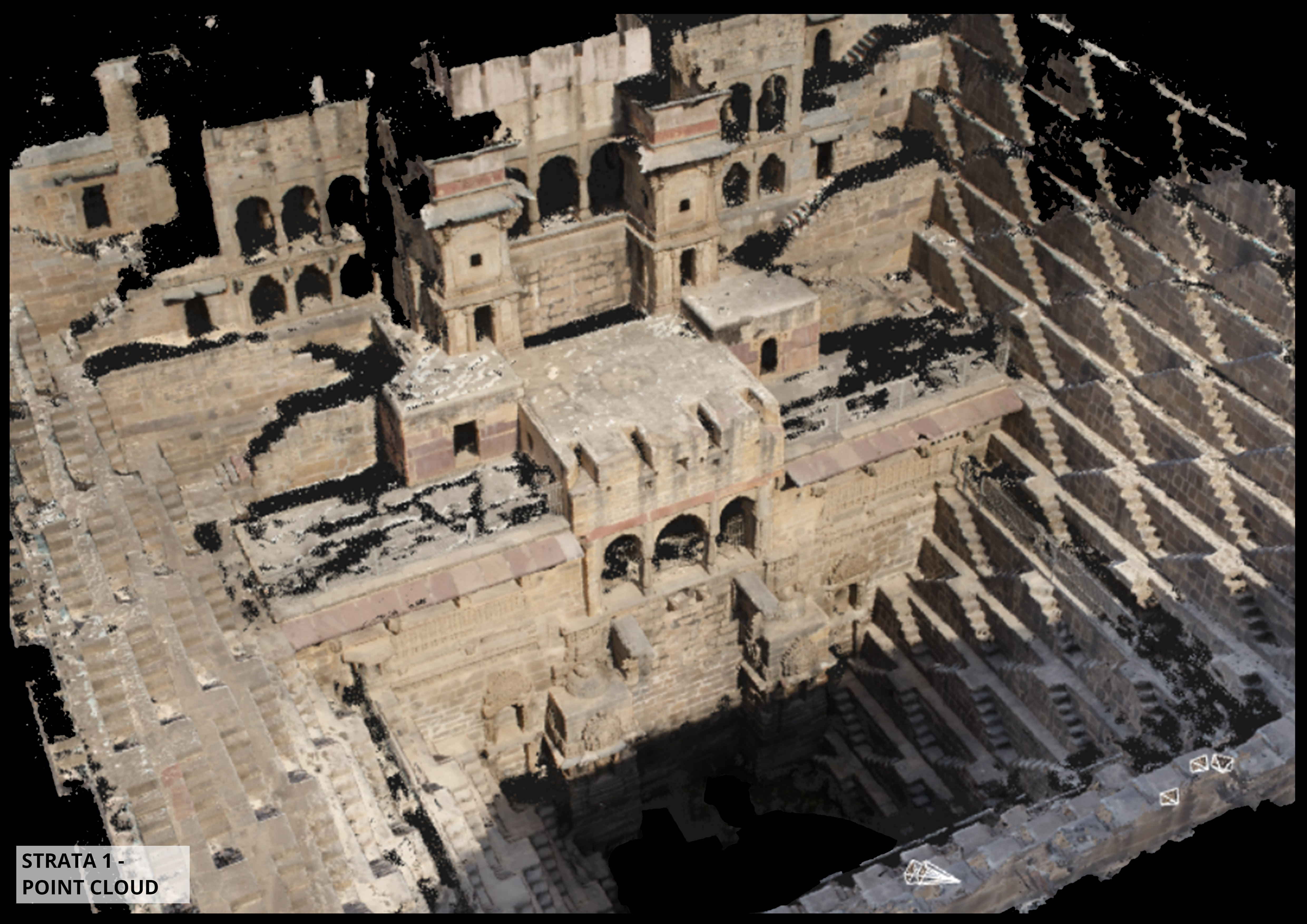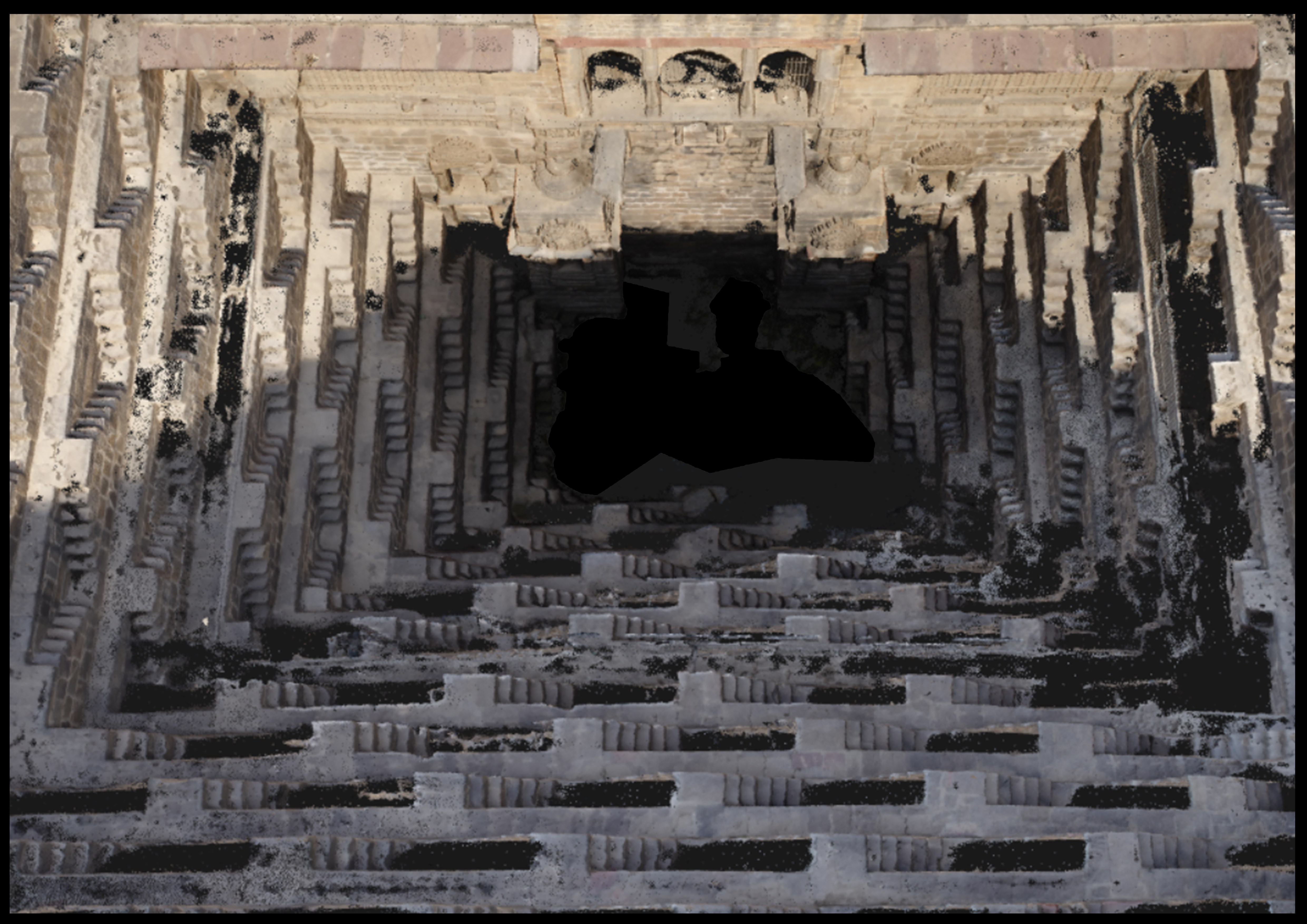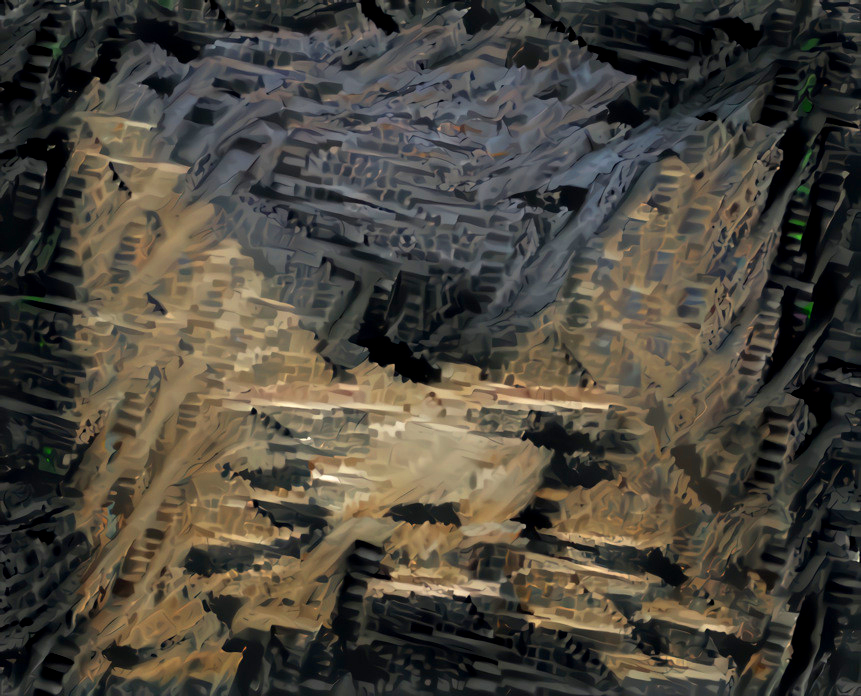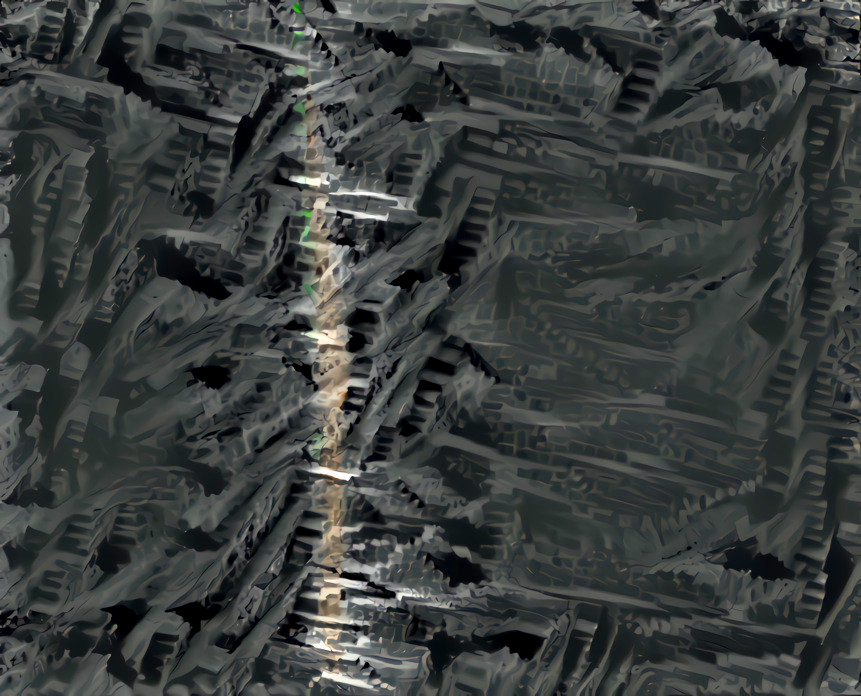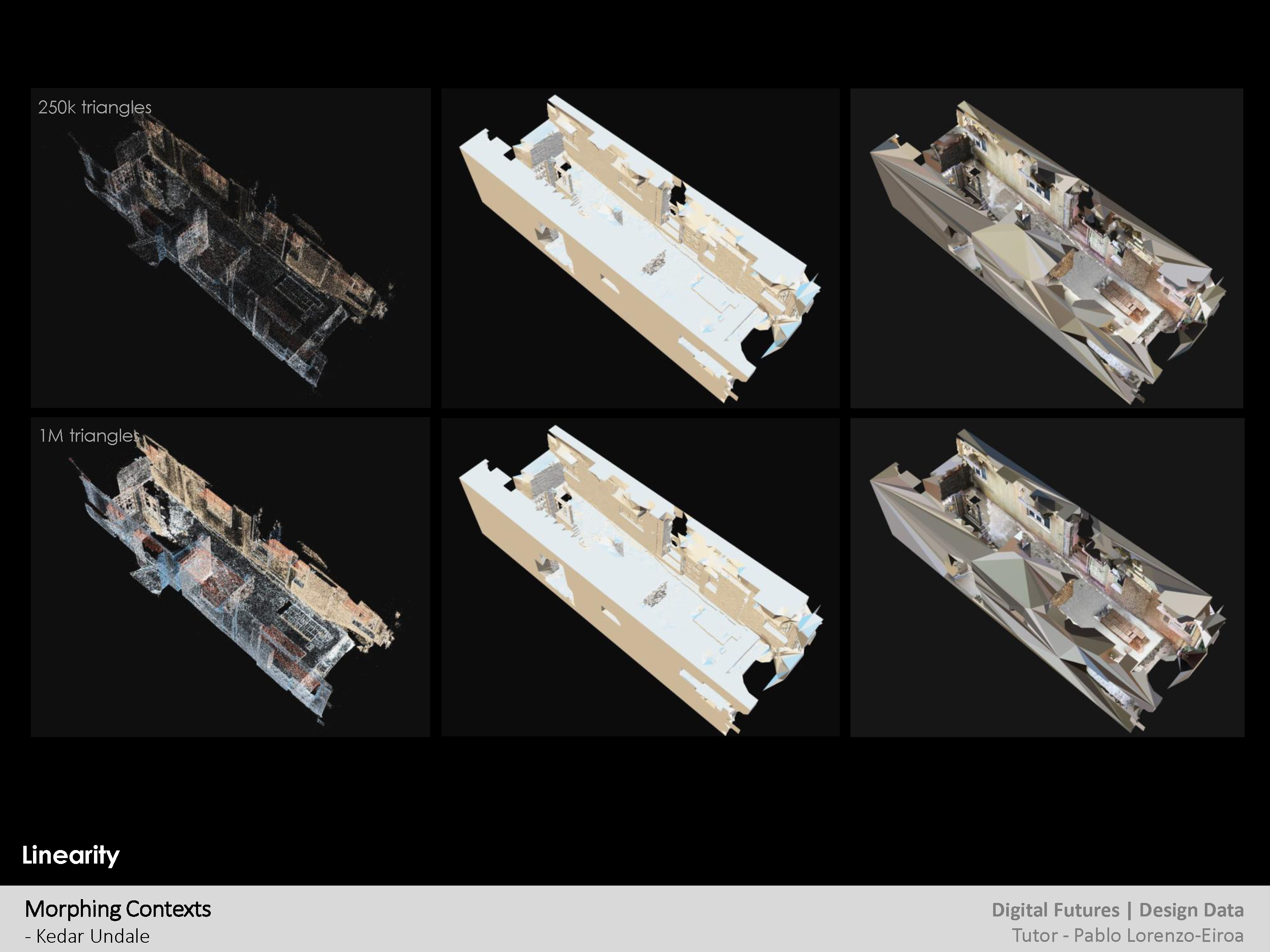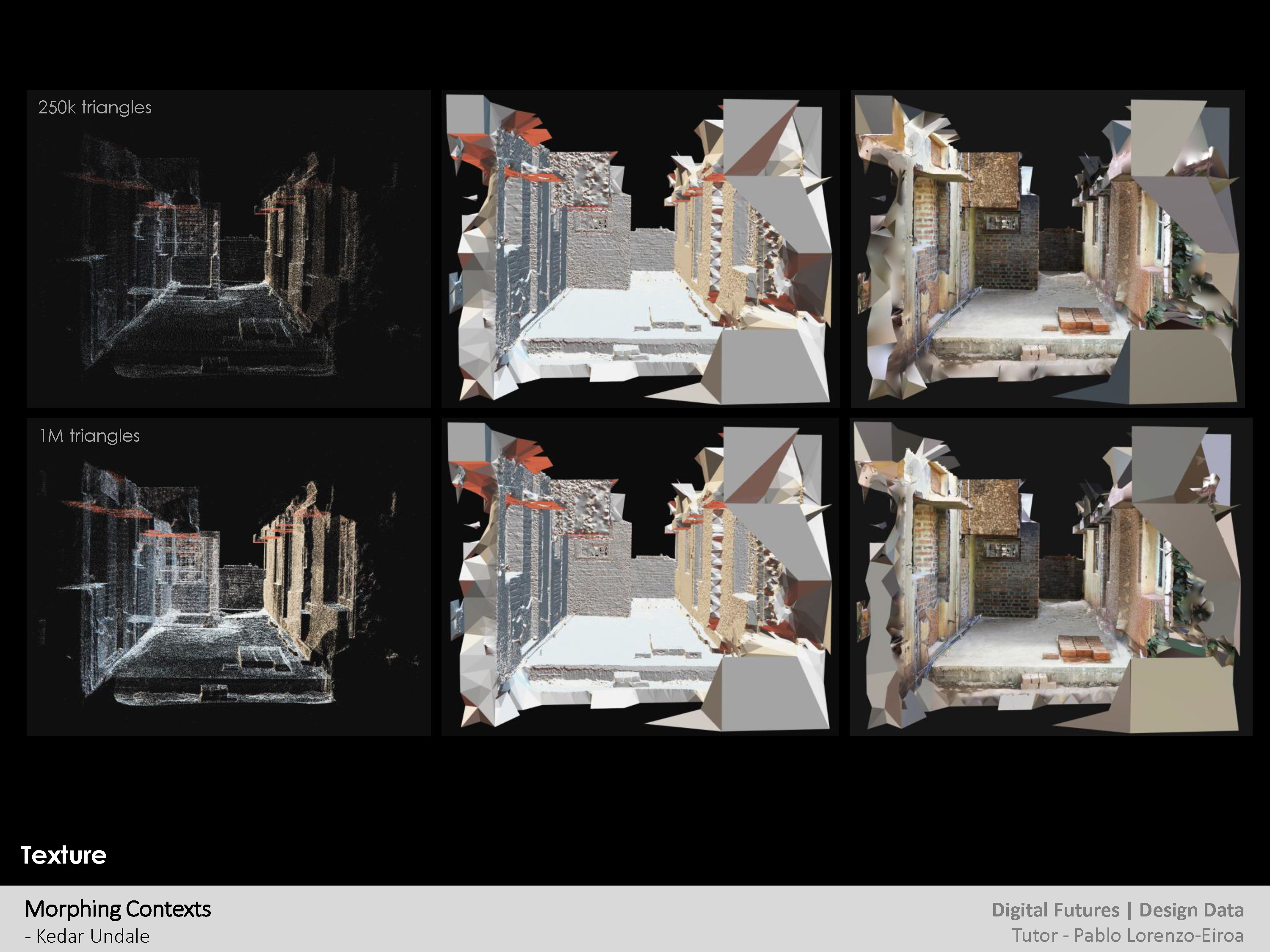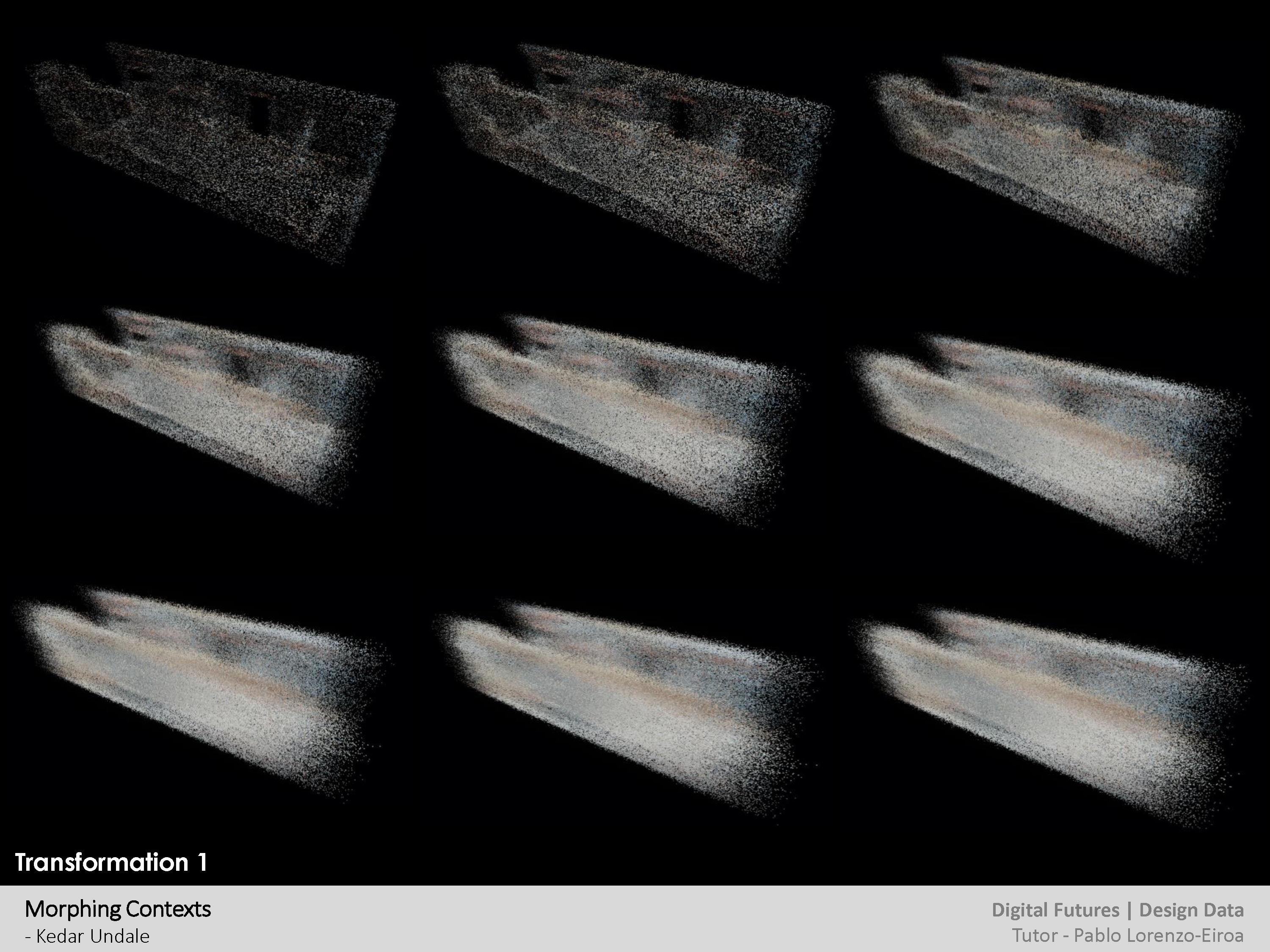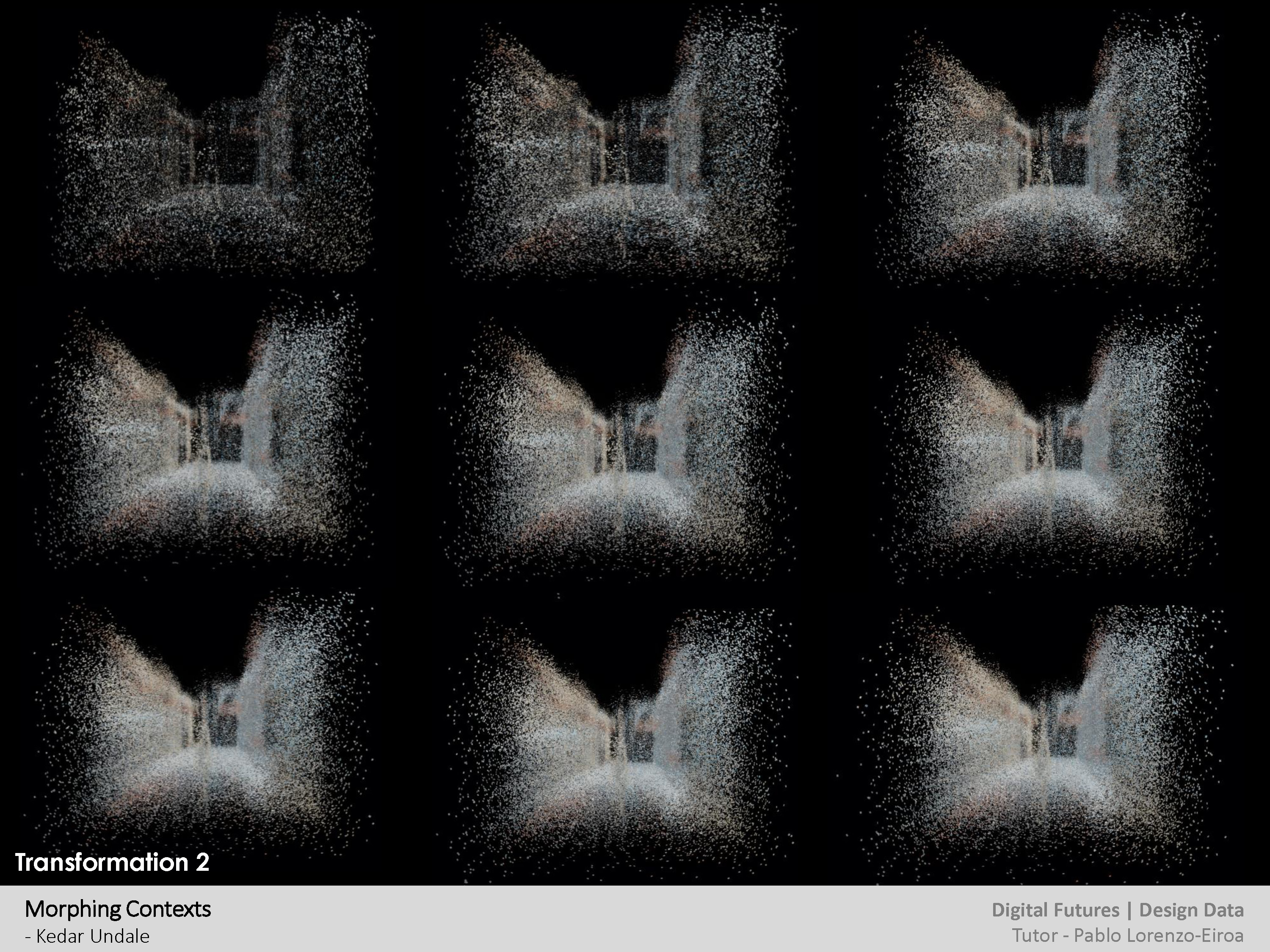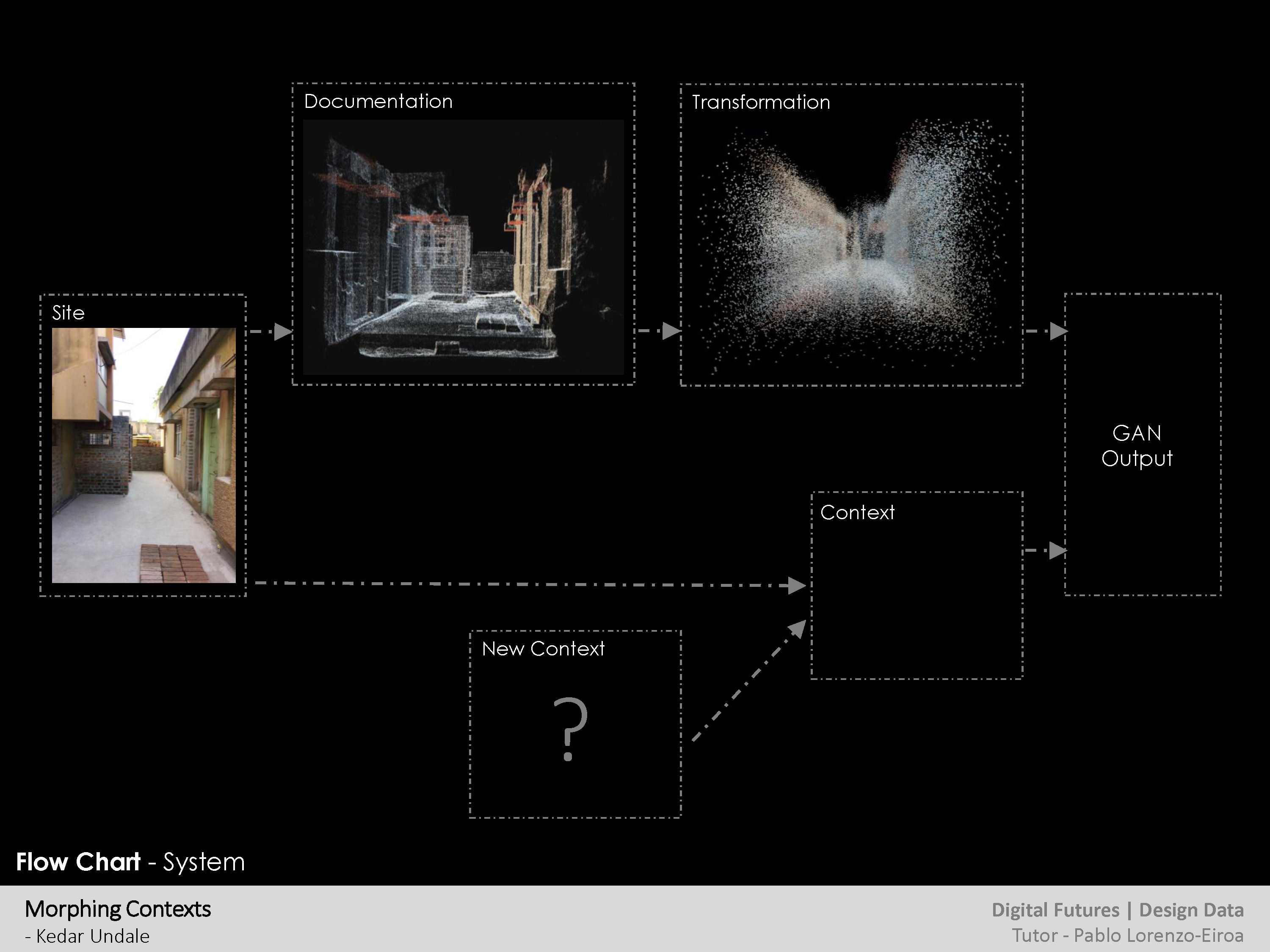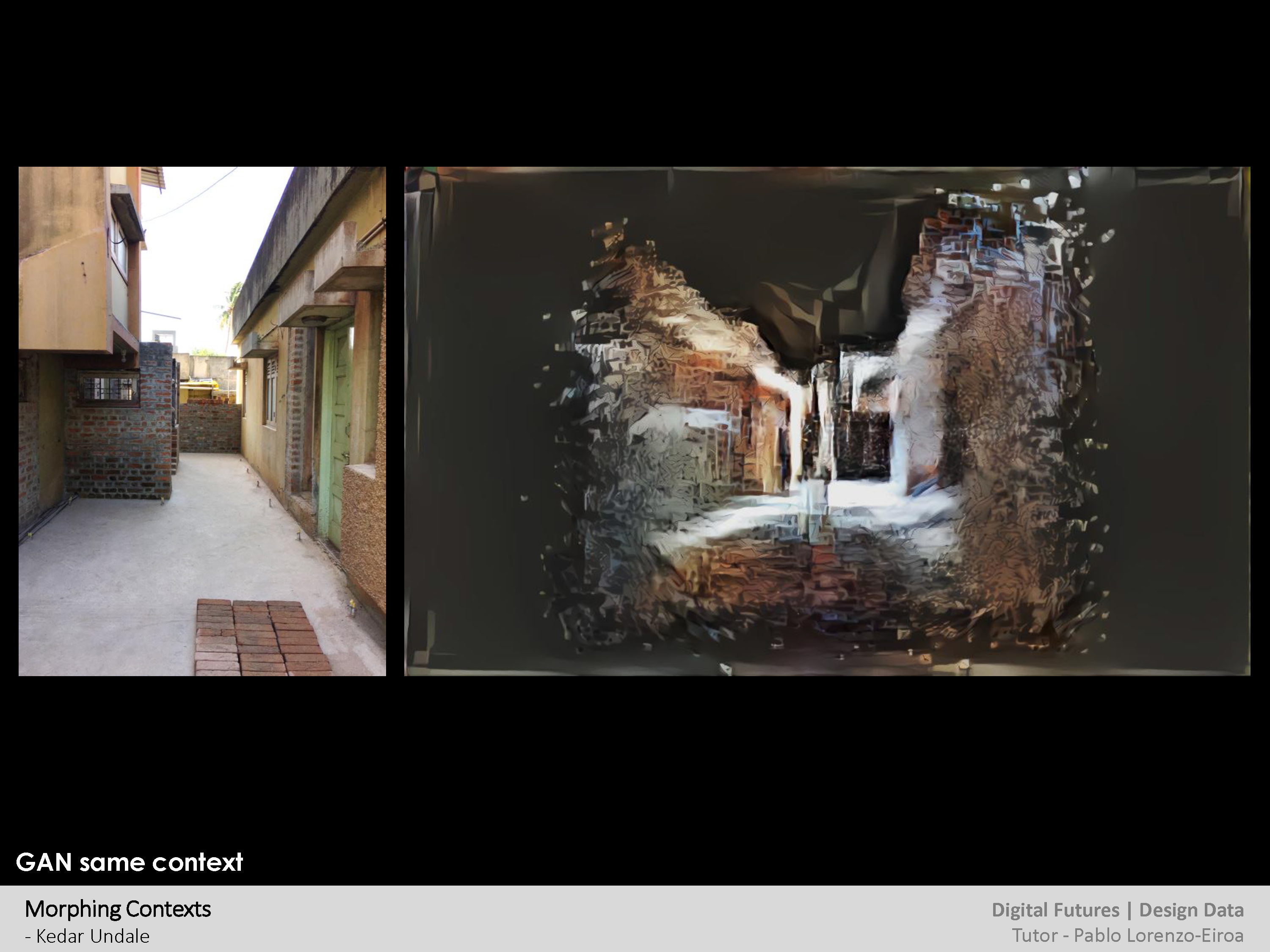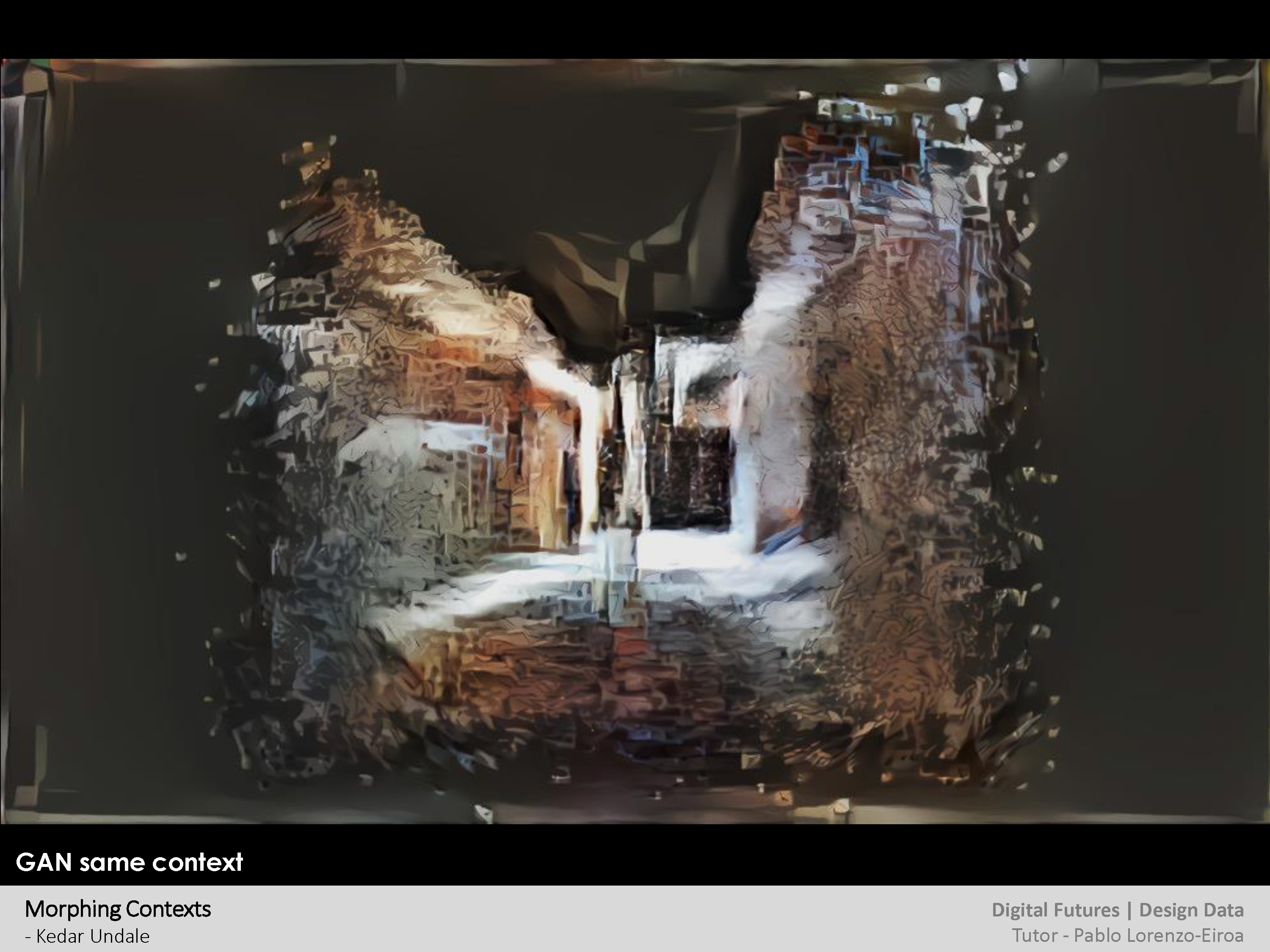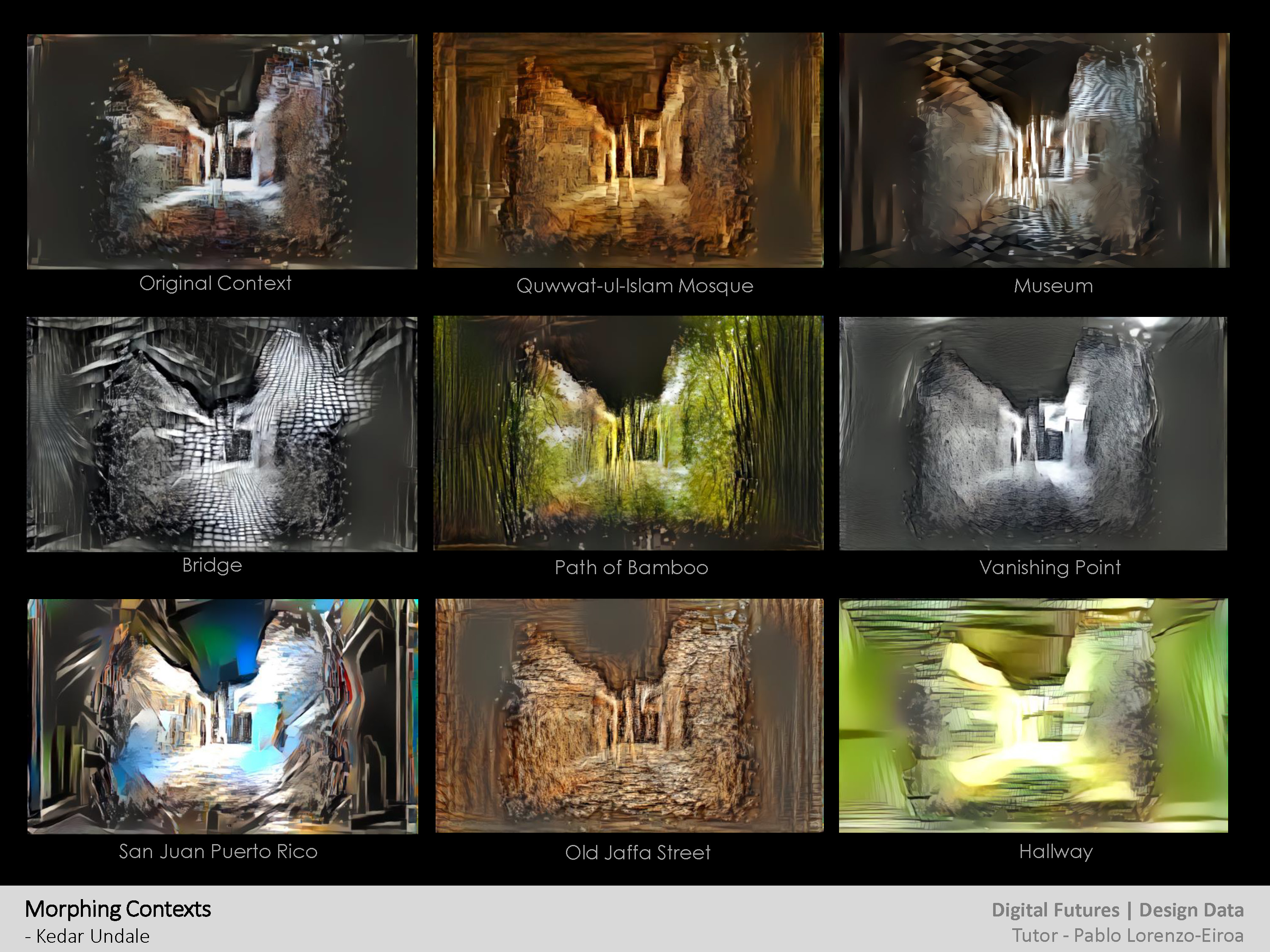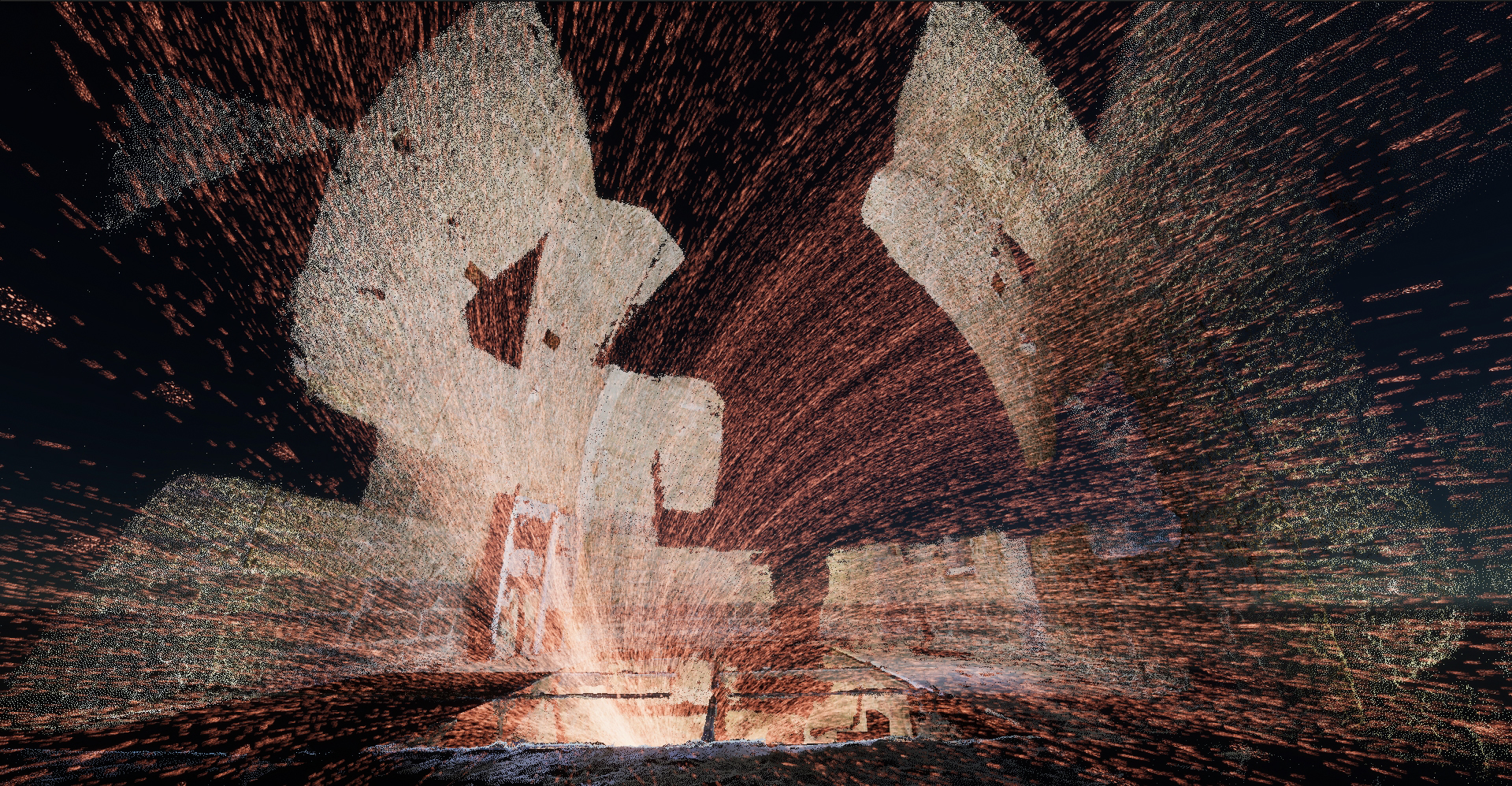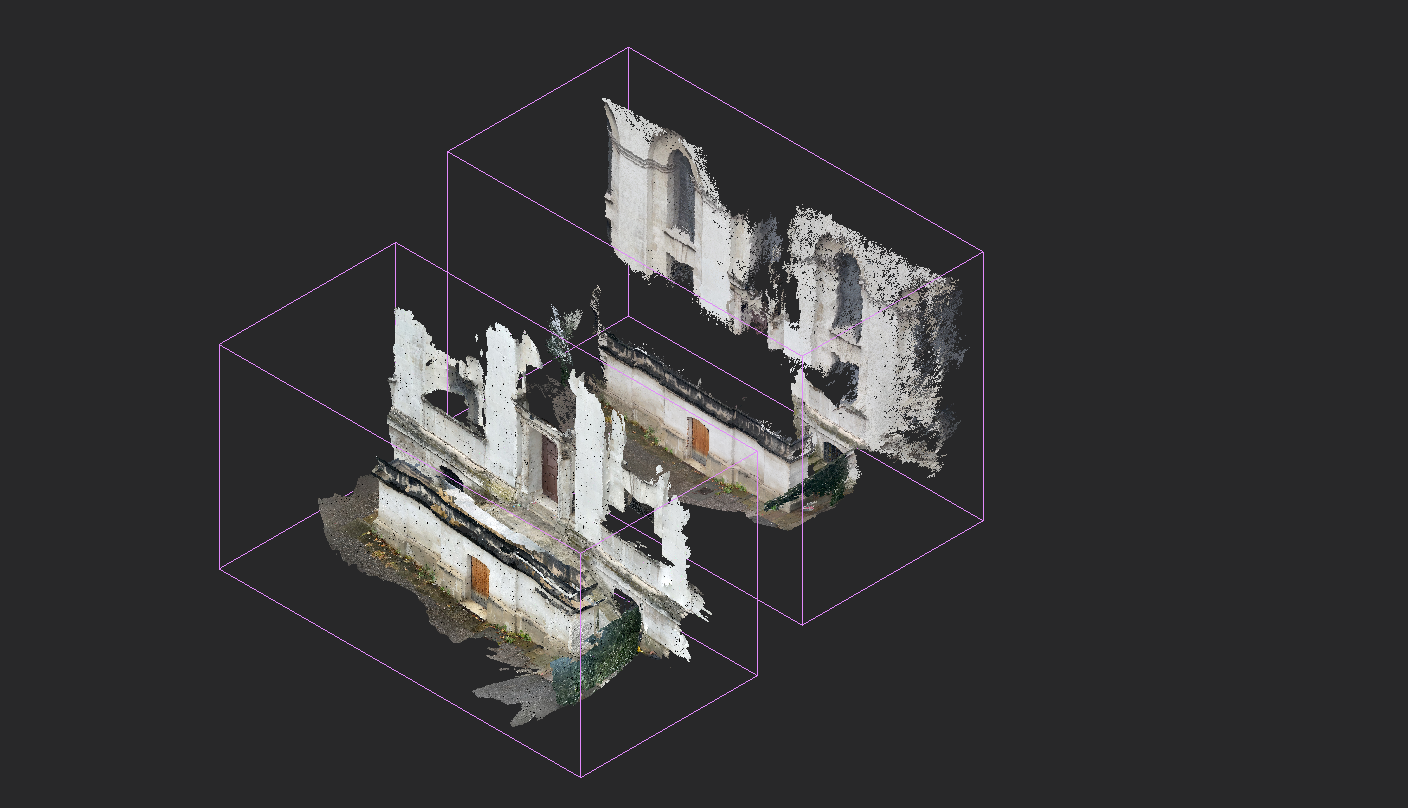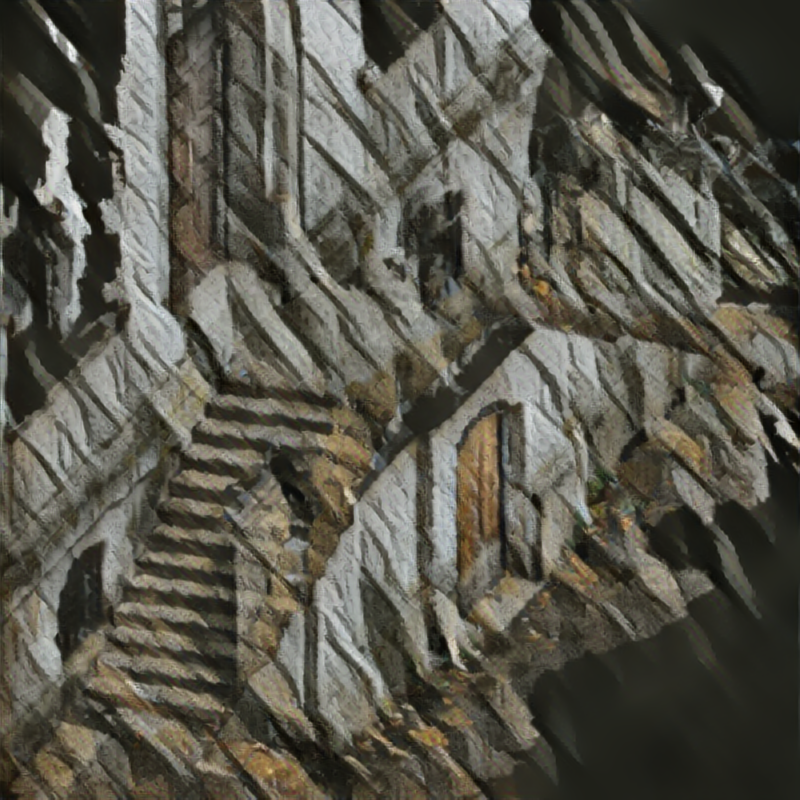Architecture Computational Technologies
Explore design research at the frontiers of architecture through experimentation in computational design, robotic systems applied to fabrication and interactivity, and materiality. For more information please contact ms.act@nyit.edu
INFORMED REALISM ARCH 701B Studio Prof. PABLO LORENZO-EIROA
Video | Nov 13, 2021
An Informed Realism becomes active once survey is understood as an act of design. Questioning representation parameters in architecture, students address how computation can be understood as proto-architectural. From Big Data gathering, to emergent computation through simulation, to activating artificial intelligence (Data Science, Simulation, Machine Learning), to an augmented virtual reality, students are asked to develop ideas through specific computational thinking, learning and investigating through technology specific cultural problems.
Read More

Interview with FARAH JALIL by MSACT
Blog | Oct 29, 2021
Farah Jalil began her Master’s degree in Architecture, Computational Technologies, in the School of Architecture and Design, NYIT in Fall 2021. She also a received a Graduate Assistantship position in the program for Fall 2021, through which she has been assisting Professor Pablo Lorenzo-Eiroa with communications and technical works. She holds a Bachelor’s degree in Architecture, from BRAC University, Bangladesh. She has practiced architecture and urban design for three years in Dhaka, Bangladesh before coming to New York in pursuit of post-graduation studies. Her interest in technology and discovery of methodologies of design practices of the future is what brought her to the program.
Read More
"INFORMED REALISM" Big Data AI Computational Design Studio Prof. PABLO LORENZO-EIROA Student Work
ARCH 701B Informed Realism Architecture Studio Fulbright Scholar Student Salma Kattass, Prof. Pablo Lorenzo-Eiroa. Student work implementing AI through Big Data 3d scanning update of our new MS in Architecture, Computational Technologies Program at the School of Architecture and Design at NYIT made possible by Dean Maria Perbellini and an IDC Grant. Guggenheim Museum, New York City as never seen before!
Read More
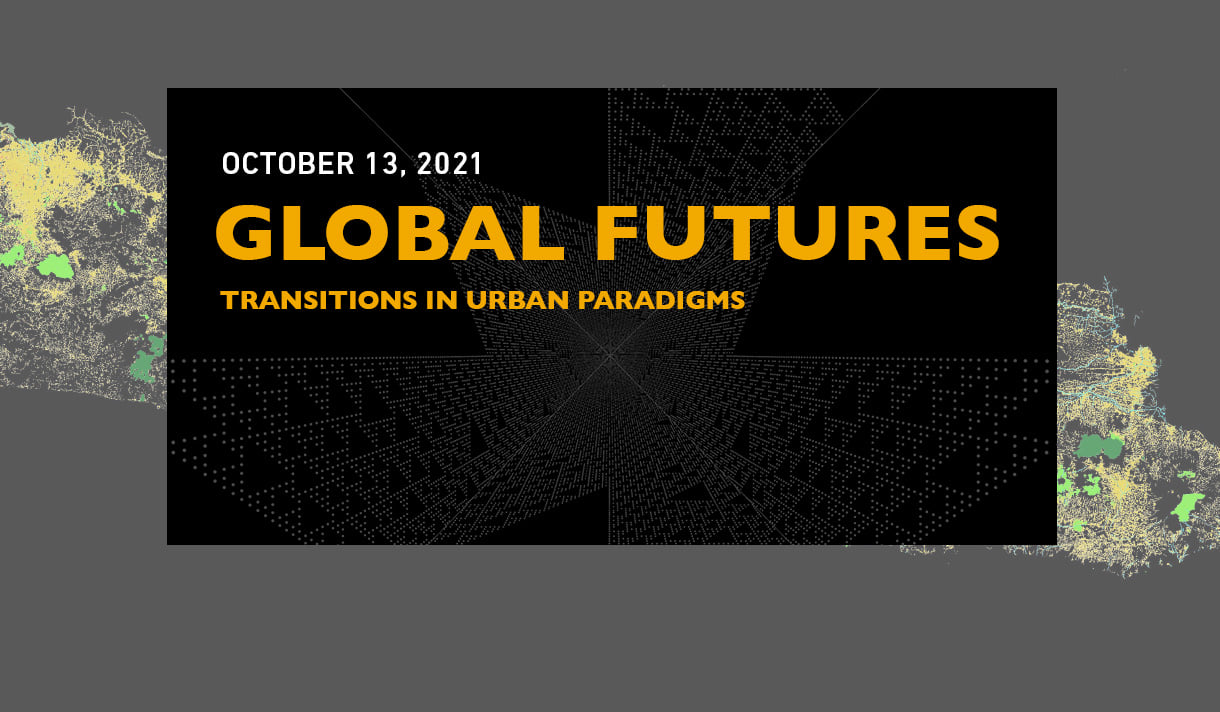
GLOBAL FUTURES Lecture 2021 DONALD BATES, DANA CUFF, NEVILLE MARS, DR. MICHAEL WEINSTOCK
Blog | Oct 23, 2021
This event raises questions concerning the paradigms driving global urban development, within the ongoing transformations triggered by the Covid-19 pandemic, and its potential enduring impact on urbanism. Cities and urban citizens worldwide have faced challenges as a result of lockdowns, restrictions on mobility across transnational networks, and the temporary exodus from cities of some of the privileged classes. This event will unpack issues of global wellbeing of the Anthropocene, the planet’s ecology, regionalism and locality, and the economic fallout of these intertwined crises. For several decades, architectural practice, research and education has championed an evolving model of globalization which has been synchronized with the flows of transnational investment and mobility. The years 2020 and 2021 have demonstrated how the paradigms of progress, growth and connectedness are at once on pause, evidenced by curtailed supply chains and global travel, and also accelerated, through the rapid advancement of information and communication technologies. Including participants based in China, Australia, Europe and the US, this event will interrogate how local and regional forces shape conceptions of culture and design practice in a series of distributed contexts.
Read More
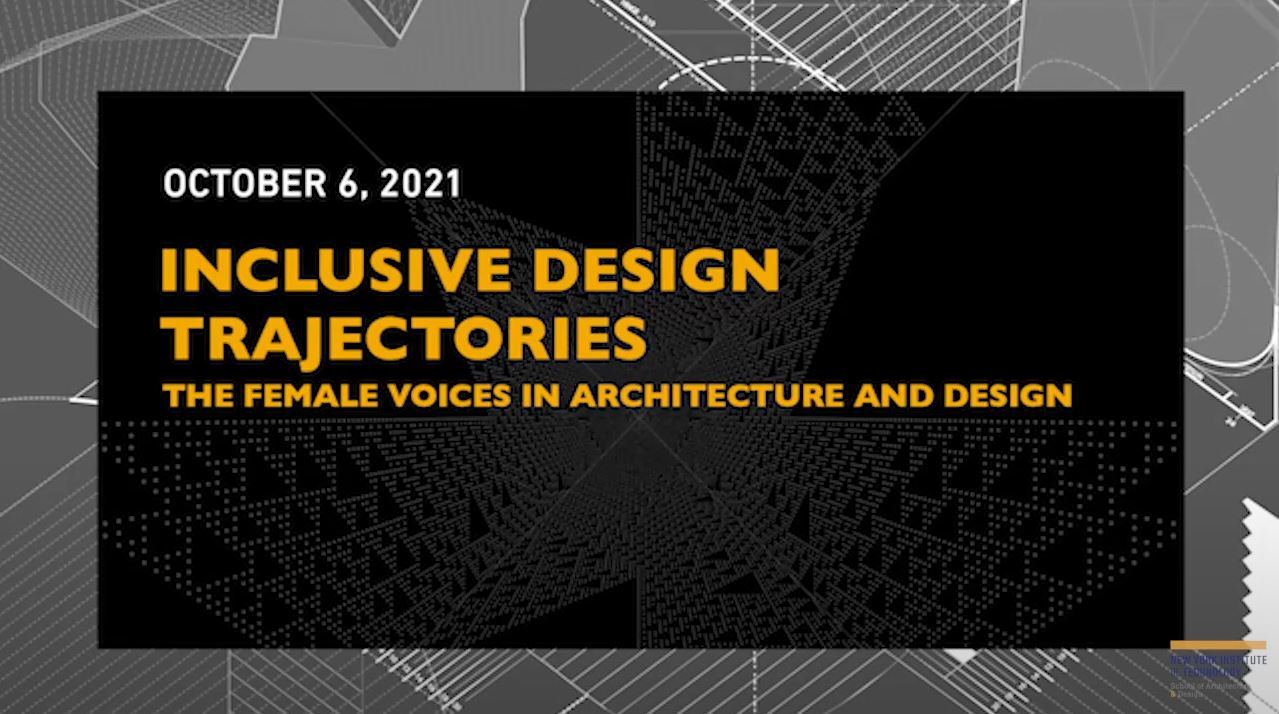
INCLUSIVE DESIGN TRAJECTORIES 2021 Lecture SUCHI REDDY And MARIANA IBANEZ
Blog | Oct 14, 2021
The Fall lecture series at NYIT School of Architecture and Design, aims to facilitate discussion in the field of architecture, design and urbanism and its contribution to ecological, social, and built environments. Women in the field of architecture, interior and urban design bring a unique perspective necessary to design inclusive environments today. The lecture topic is framed around specific challenges confronting female practicing architects around the world. The panelist will discuss their personal experiences as they navigated the profession. They will bring unique perspectives given their non-western cultural and ethnic backgrounds and offer insight to finding opportunities within limitations they may have faced as immigrant practitioners working both in the U.S. and abroad. We will have the chance to gain insight into their design process, professional values, and how they find the balance between all different aspects of their professional and personal experiences. Panelists participating in this event have been invited to share their strategy for addressing a range of topics such as technology, the environment, material, and fabrication within the context of their collective experiences as female practicing professionals. They will address the design and entrepreneurship approach that has paved their career trajectories thus far.
Read More

SIGraDi 2021 CONFERENCE And WORKSHOP
Blog | Oct 11, 2021
The SIGraDi 2021 Designing Possibilities is an upcoming conference and a two day workshop. The conference and workshops will look into ideas, research and questions on what could be the role of design, architecture and art, of the possible future, the next reality.
Conference- November 8th-12th, 2021
Workshops- November 8th-9th, 2021
Read More
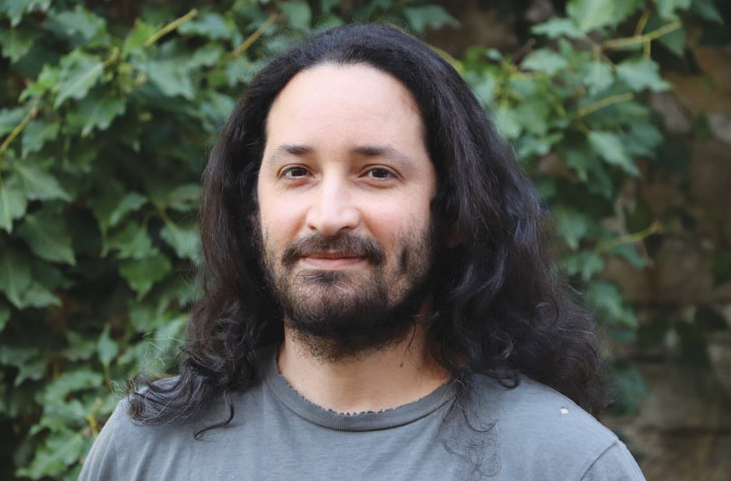
Interview with Nelson Montas Laracuente by MSACT
Blog | Oct 08, 2021
The Master of Science in Architecture, Computational Technologies Program - MS ACT at The New York Institute of Technology is inaugurating a series of short informative interviews with the people involved directly with the organization, teaching, development and formation of our new MS ACT Program. In this interview we included Nelson Montas Laracuente, the MS ACT ARCH 761 Computational Design Studio Workshop Guest Consultant, Prof. Pablo Lorenzo-Eiroa. The course is currently working on a chair design through the Fall semester. Students learn how to design by visual algorithms via Rhinoceros Grasshopper and also learn how to program and code via Python, activating notions of data science (API) applied to computer science.
Read More
CULTURAL ASYMMETRIES OF PUBLIC SPACE 2021 Lecture JONAH ROWEN and CRAIG L.WILKINS
Video | Sep 29, 2021
LECTURE ABSTRACT:
Recent history shows how public space can positively and negatively affect people from different ethnic and cultural groups. Urban areas as symbolic indicators can have high emotional registers and be simultaneously inviting or rejecting depending on the occupants. Discussions renew the debate of the multidimensionality of urban regimes concerning these asymmetries of urban space, especially in different minority groups.
Making sense of these differences requires a multidimensional approach to envisioning urban design involving an understanding of the histories, the symbolism and effect of the attached emotional registers on different groups, and the presence of new voices in the imagination of public space.
The aggregation of these ideas allows for a deeper insight into how conceptions of public space, urban visibility, and the addressing of public emotional registers in construction, oversight of, ownership of, and intersection with institutional racism.
Departing from a preconception of equal access, the panel discusses collective rituals in streets, parks, and squares of city space and the design and management practices that should reflect various cultural experiences. The talk covers the need for designers and managers to know how places may be interpreted differently by different ethnic minority groups and work towards inclusive design.
Read More
DIGITAL FUTURES INCLUSIVE FUTURES 2021 Lecture Tom VEREBES and Pablo LORENZO-EIROA
DIGITAL FUTURES INCLUSIVE FUTURES 2021
Workshop Exhibition-Lecture Presentation and Discussion US Northeast Region
Kinectoscapes / Mona Ghandi, Washington State University
Creative AI Ecologies / Shermeen Yousif, FAU
Digital Unforgetting / Neady Oduor, Canadian Centre of Architecture
DESIGN DATA / Tom Verebes & Pablo Lorenzo-Eiroa, NJIT
Conversations on Inclusivity / Gustavo Rincon, UCSB
Read More
INCLUSIVE FUTURES Big Data+AI GANs In-Formed Realism Prof. Pablo LORENZO-EIROA
INCLUSIVE FUTURES Big Data+AI GANs In-Formed Realism Prof. Pablo LORENZO-EIROA
New York Institute of Technology School of Architecture and Design Participated of Digital Futures-Inclusive Futures Workshop, Lectures and Exhibitions events supported by Dean Maria Perbellini and organized by Tom Verebes and including workshops participations tutored by Marcella Del Signore, Christian Pongratz and Pablo Lorenzo-Eiroa.
Read More

